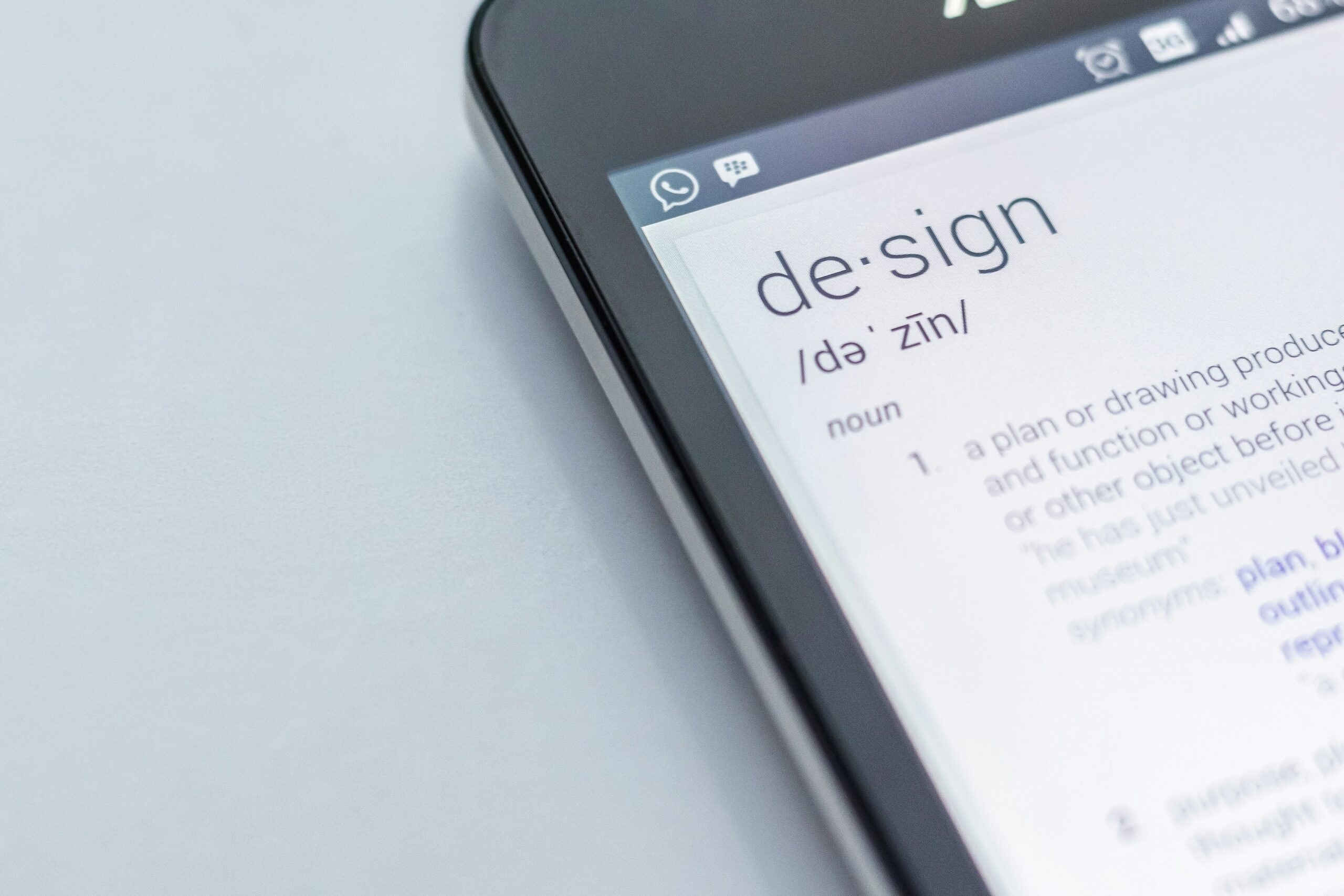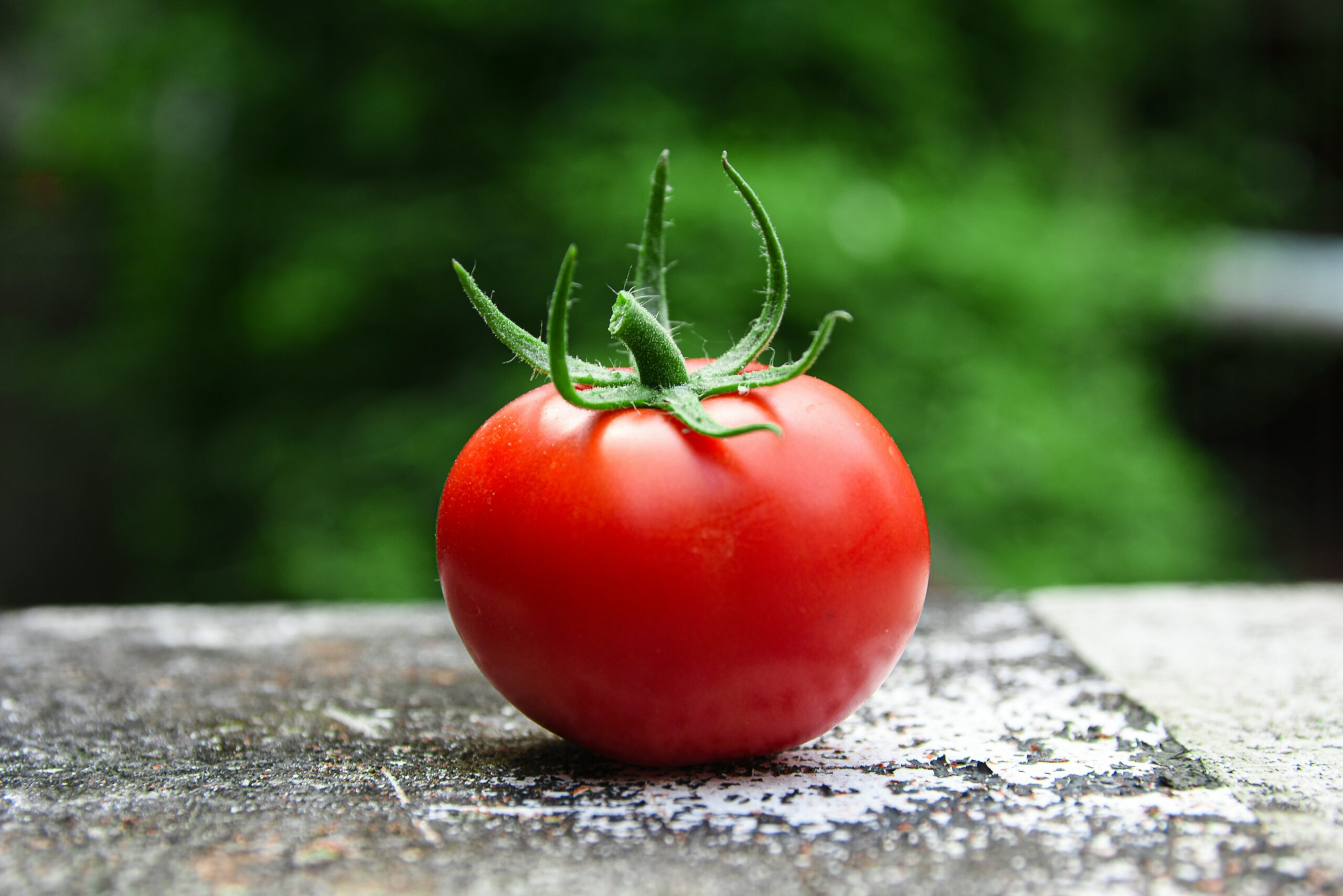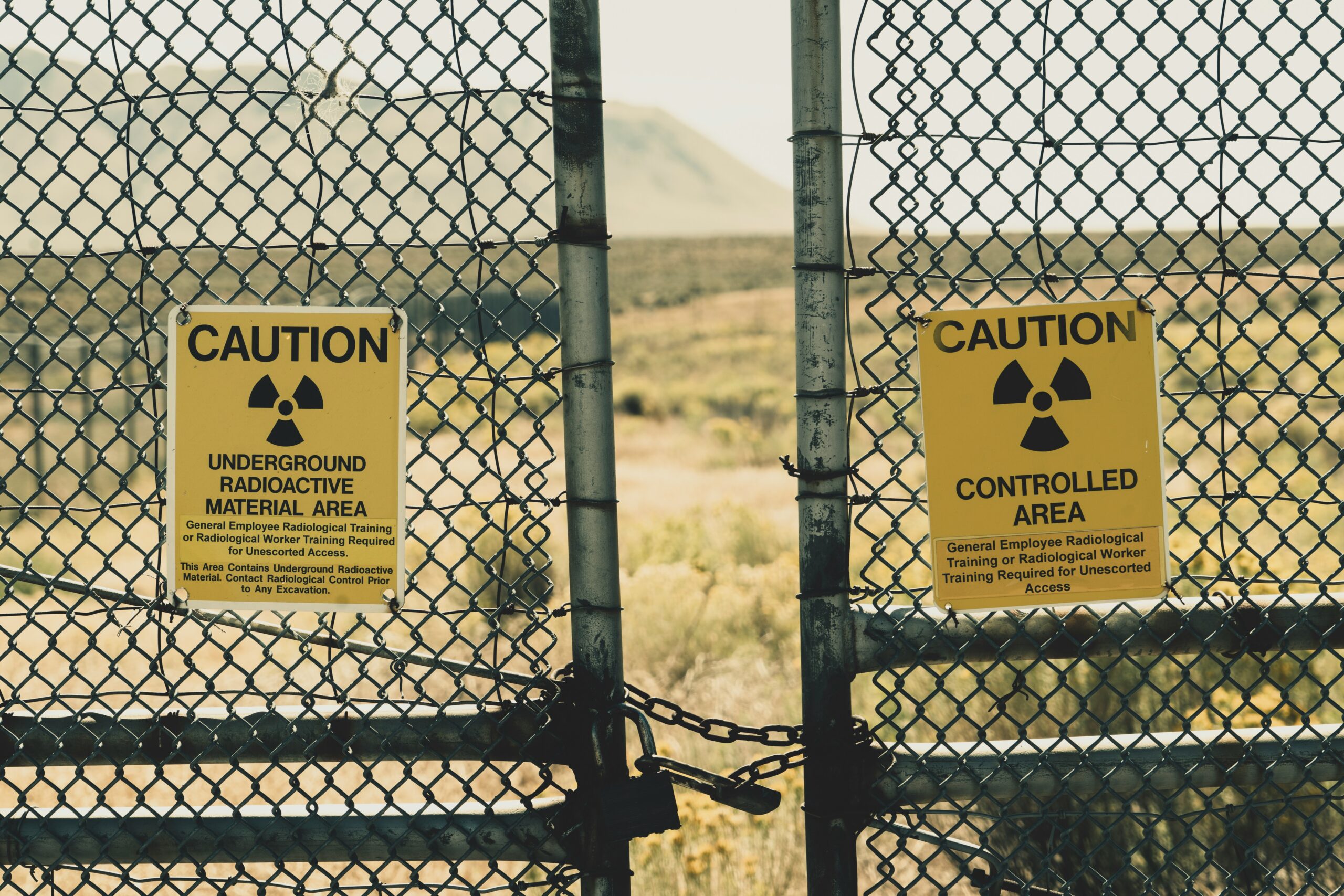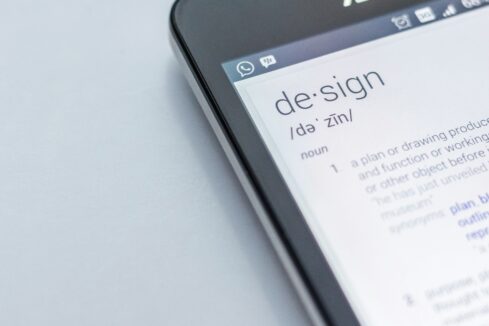
Pronunciation can be a contentious topic, with regional dialects, accents, and linguistic evolution often leading to disagreements over how certain words should be spoken. In today’s interconnected world, where communication knows no borders, debates over pronunciation have become increasingly common. Here are sixteen words that consistently ignite passionate discussions on pronunciation, reflecting the diversity and complexity of the English language.
1. Tomato

One of the most famous pronunciation debates centers around the word “tomato.” While some people pronounce it with a short “a” sound (“tuh-may-toh”), others use a long “a” sound (“tuh-mah-toh”). This difference in pronunciation is often attributed to regional variations and cultural influences.
2. Potato

Similar to “tomato,” the pronunciation of “potato” also varies widely. Some pronounce it with a long “a” sound (“puh-tay-toh”), while others use a short “a” sound (“puh-tah-toh”). The debate over the correct pronunciation of “potato” has been a source of amusement and disagreement for centuries.
3. Caribbean

The pronunciation of “Caribbean” is another hotly debated topic. Some people pronounce it with the stress on the first syllable (“kuh-RIB-ee-un”), while others emphasize the second syllable (“kuh-rih-BEE-un”). Both pronunciations are widely accepted, adding to the confusion surrounding this word.
4. Aluminium

The word “aluminium” is pronounced differently in British and American English, leading to frequent debates over its correct pronunciation. In British English, it is pronounced “uh-LOO-mi-ni-um,” while in American English, it is pronounced “uh-LOO-mi-num.” This discrepancy in pronunciation has sparked countless discussions among speakers of both dialects.
5. Data

The pronunciation of “data” is a subject of contention, with some people pronouncing it as “day-tuh” and others as “daa-tuh.” The debate over the correct pronunciation of “data” reflects broader differences in regional accents and language usage.
6. Schedule

The pronunciation of “schedule” varies between British and American English, with British speakers typically pronouncing it as “shed-yool” and American speakers as “sked-yool.” This difference in pronunciation can lead to confusion and disagreement, particularly in international contexts.
7. Advertisement

The word “advertisement” is pronounced differently in British and American English, with British speakers typically saying “ad-VER-tis-muhnt” and American speakers saying “ad-ver-TIZE-muhnt.” This variation in pronunciation reflects differences in accent and language usage between the two dialects.
8. Privacy

The pronunciation of “privacy” can vary depending on regional accents and dialects. Some people pronounce it as “PRY-vuh-see,” while others say “PRIV-uh-see.” This difference in pronunciation can lead to misunderstandings and disagreements over the correct way to say the word.
9. Often

The pronunciation of “often” is a subject of debate, with some people pronouncing the “t” sound (“off-ten”) and others omitting it (“off-en”). Both pronunciations are widely accepted, leading to differing opinions on which is correct.
10. Controversy

The word “controversy” is often pronounced with the stress on the second syllable (“kun-TRO-ver-see”) but can also be pronounced with the stress on the first syllable (“KON-tro-ver-see”). This difference in pronunciation reflects variations in accent and speech patterns.
11. Nuclear

The pronunciation of “nuclear” is frequently debated, with some people pronouncing it as “NEW-klee-er” and others as “NOO-klee-ar.” This discrepancy in pronunciation has led to confusion and disagreement over the correct way to say the word.
12. Mischievous

The pronunciation of “mischievous” is often a source of contention, with some people pronouncing it as “MIS-chuh-vuhs” and others as “MIS-chiv-us.” Both pronunciations are widely used, leading to differing opinions on which is correct.
13. Espresso

The pronunciation of “espresso” is frequently debated, with some people pronouncing it as “es-PRESS-oh” and others as “eX-PRESS-oh.” This discrepancy in pronunciation has led to confusion and disagreement over the correct way to say the word.
14. Prescription

The word “prescription” is often pronounced with the stress on the second syllable (“pruh-SKRIP-shun”) but can also be pronounced with the stress on the first syllable (“PRES-krip-shun”). This difference in pronunciation reflects variations in accent and speech patterns.
15. February

The pronunciation of “February” is frequently debated, with some people pronouncing it as “FEB-roo-air-ee” and others as “FEB-yoo-air-ee.” This discrepancy in pronunciation has led to confusion and disagreement over the correct way to say the word.
Pronunciation Debates

In conclusion, pronunciation debates are a common occurrence in the English language, with differences in accent, regional dialects, and linguistic evolution often leading to disagreements over how certain words should be spoken. While some words have widely accepted pronunciations, others remain sources of contention and debate, reflecting the complexity and diversity of the English language. Regardless of individual preferences, the key is to communicate effectively and understand that language is fluid and ever-evolving.

Drew Blankenship is a former Porsche technician who writes and develops content full-time. He lives in North Carolina, where he enjoys spending time with his wife and two children. While Drew no longer gets his hands dirty modifying Porsches, he still loves motorsport and avidly watches Formula 1.

